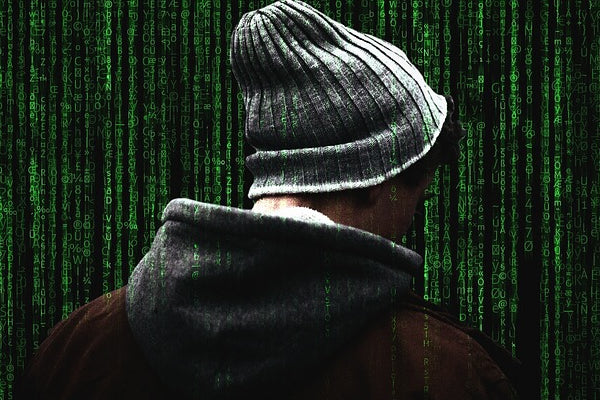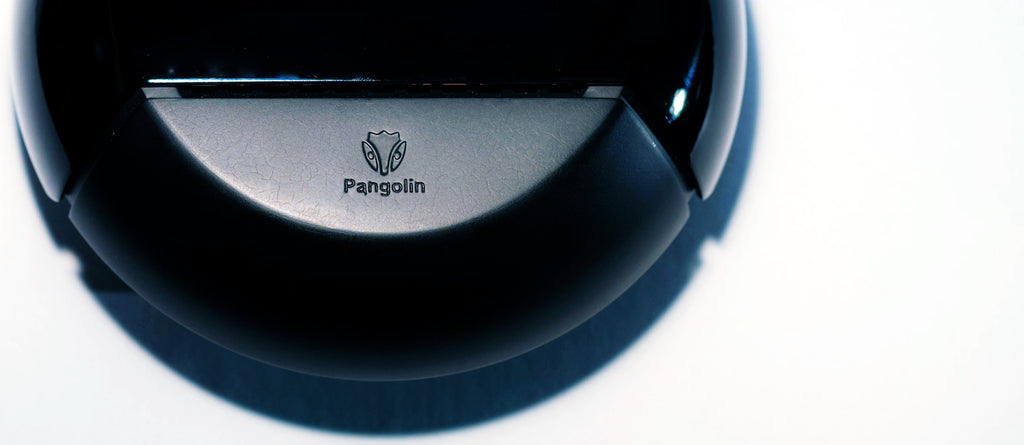Why the term ‘hacker’ isn’t being used properly.
When someone says the word ‘hacker’ these days, the first thing that many people think of are Guy Fawkes masks, hoodies, and shadowy Russian organizations.
The discipline of hacking and its practitioners have gained an undeserved negative connotation, and we strongly believe that it’s time to re-educate everyone about the origins of the term ‘hacker’ and why the term is no longer being used properly.
Modern Usage
Most signs point to the modern use of the word ‘hacker’ being popularized at the Massachusetts Institute of Technology (MIT) in the 1950s.
Legend has it that the minutes of a meeting that took place in April 1955 included the following statement: “Mr. Eccles requests that anyone working on hacking the electrical system turn the power off to avoid fuse blowing.”
This statement clearly shows the use of ‘hacking’ to mean tinkering with machinery. This use of the term to convey a creative approach to fixing a problem with technology or exploring its other ‘off-label’ uses then carried on to the next decade.
Later on, hacking began to refer to the practice of exploring computer code and using unconventional techniques to make programs and computer systems behave in new ways.
However, these early hackers were more interested in learning and stretching the limits of the day’s computers and programming systems. They were not working toward any malicious goals. Instead, they were interested in sharing the knowledge that they discovered with other interested parties.
So how is it then, that the discipline gained its current negative reputation? How did the term ‘hacker’ come to describe a malicious computer expert in the eyes of the public?
Hackers vs Crackers
At their core, hackers are people who find shortcuts to use everyday technology, or creative new ways of using that technology. They’re able to find unintended vulnerabilities and can help draw attention to them so they can be fixed. These benevolent hackers are better known as White Hats.
However, a hacker subset, better known as crackers or Black Hats, aren’t interested in using their knowledge to help plug the leaks. These skilled individuals instead prefer to use their knowledge of security exploits for either personal advantage or in the service of nefarious state actors or criminal organizations.
These malicious actors are the ones who the general public thinks of when someone says the word ‘hacker’. They’re the ones who steal property, crack software, and intentionally cause systems to shut down so they can hold them for ransom.
Hollywood and the Media
Hollywood hasn’t helped improve the perception, either. Films like Hackers and Swordfish have created unrealistic depictions of hacker abilities. Protagonists are often former cybercriminals who have turned over a new leaf.
Mr. Robot is one of the few shows out there that has shown a realistic side of the hacker world. They use actual tools and distros such as Kali Linux, ShellShock, JohnTheRipper, and the Social Engineering Toolkit (SET) among many others.
Mainstream news is another culprit. Since sensationalized headlines generate clicks and revenue, it's become a common practice to generalize hackers and only mention them when mass data thefts or DDOS attacks are happening.
It could be that ‘cracker’ doesn’t have the same widespread recognition, but it’s time to create a proper distinction with the terms.
It’s time to take ‘hacker’ back and bring recognition to the fact that not all hackers are bad. This is why you’ll see the term ‘malicious actor’ or ‘malicious hacker’ in our content, because we want to remind people that there are good hackers out there.
Hacking for Good
There are number of recent examples of hackers sharing their knowledge and discovery for the benefit of others.
Some have found security flaws in ocean vessel networking, and made their discoveries public.
Others have discovered and shared a flaw in Amazon’s Alexa that would have allowed people to listen in to conversations.
There are many more examples of hackers that have done the world good. They deserve a greater amount of publicity than the malicious actors that dominate headlines today.






